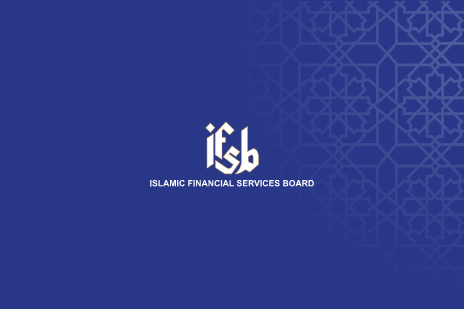About the Workshop This 4-day Facilitating the Implementation of the IFSB Standards (FIS) Workshop is tailored for Central Bank of Oman. It will discuss the following IFSB Standards: IFSB-17: Core Principles for Islamic Finance Regulation (Banking Segment) GN-6: Guidance Note on Quantitative Measures for Liquidity Risk Management IFSB-22:Revised Standard on Disclosures to Promote Transparency and Market Discipline for IIFS IFSB-10:Guiding Principles on Sharī`ah Governance Systems for IIFS ED-07:Guidance Note on Sharī`ah Compliant Lender of Last Resort Facilities WP-06:Strengthening the Financial Safety Net: The Role of Sharī`ah-compliant Lender-of Last-Resort (SLOLR) Facilities as an Emergency Financing Mechanism TN-2:Technical Note on Stress Testing for Institutions Offering Islamic Financial Services (IIFS) As a background, the main objective of IFSB-17 is to provide a set of Core Principles – along with associated assessment methodology – for the regulation and supervision of the Islamic financial services industry (IFSI), taking into consideration the specificities of the IIFS in the banking segment, the lessons learned from the financial crisis, and complementing the existing international standards, principally the Core Principles for Effective Banking Supervision issued by the Basel Committee on Banking Supervision. GN-6: Quantitative Measures for Liquidity Risk Management Guidance Note complements IFSB-12, and supports the harmonised application of the international regulatory regime in the area of liquidity risk management. This is achieved by providing guidance on the application of global liquidity standards for the IIFS, especially the Liquidity Coverage ratio (LCR) and Net Stable Funding Ratio (NSFR) at the current stage, with suitable adjustments based on the specific operational characteristics. Moreover, it provides guidance to supervisory authorities on the application of the LCR and NSFR in their jurisdictions, including application of the alternative liquidity approaches (ALA). IFSB-22: Revised Standard on Disclosures to Promote Transparency and Market Discipline for IIFS, for its part, considers disclosure-aspects relevant to consumer protection and sets key point-of-sale disclosure requirements. The disclosure principles and practices suggested by this Standard widen the scope of IFSB-4 and are designed to enable market participants and IAH to assess several key information. This information include, among others the type of IIFS, capital structure, treatment of investment accounts, including their risks and returns, risk exposures, key aspects of general governance and Sharī`ah governance, consumer protection and others. Moreover, IFSB-10: Guiding Principles on Sharī`ah Governance Systems will include the components of a sound Sharī`ah governance system especially with regards to the competence, independence, confidentiality and consistency of the Sharī`ah boards. TN-2: Technical Note on Stress Testing will provide stress testing scenarios that address multiple types of risks and their interrelated effects on the overall financial position and performance of the portfolio, the institution itself or the overall financial system. It incorporates risk specificities of Sharī`ah-compliant contracts’ when conducting stress tests on an IIFS. In addition, the workshop will shed light on the IFSB Working Papers on ‘Strengthening the Financial Safety Net: The Role and Mechanisms of SCDIS’ (WP-06) and the Expousre Draft on Guidance Note on Sharī`ah Compliant Lender of Last Resort Facilities (GN-7). Overall, this Workshop aims to: 1. Enhance the participants’ understanding of the respective Standards and Guiding Principles thereby facilitating the implementation of these standards in their respective jurisdictions; 2. Assist the participants in the practical application of issues addressed in the particular standards through case studies, hands-on exercises and other interactive tools; and 3. Promote the sharing of experiences among the participants on the implementation of respective IFSB Standards and Guiding Principles.
